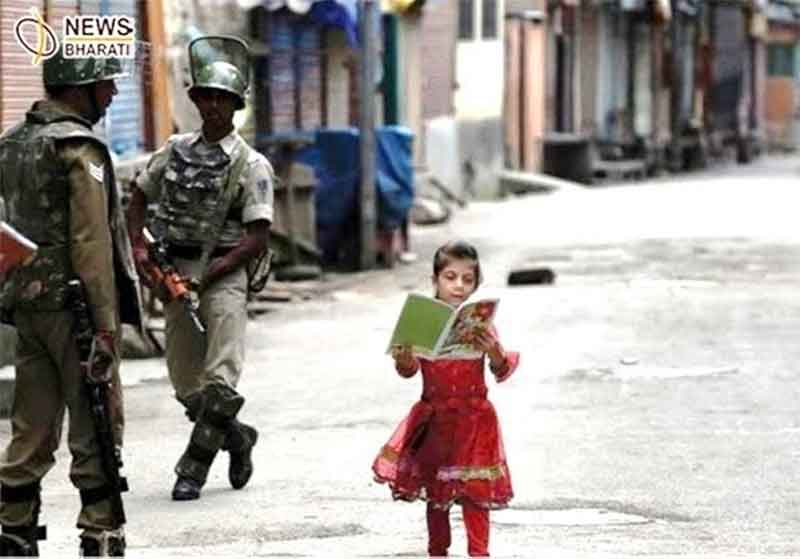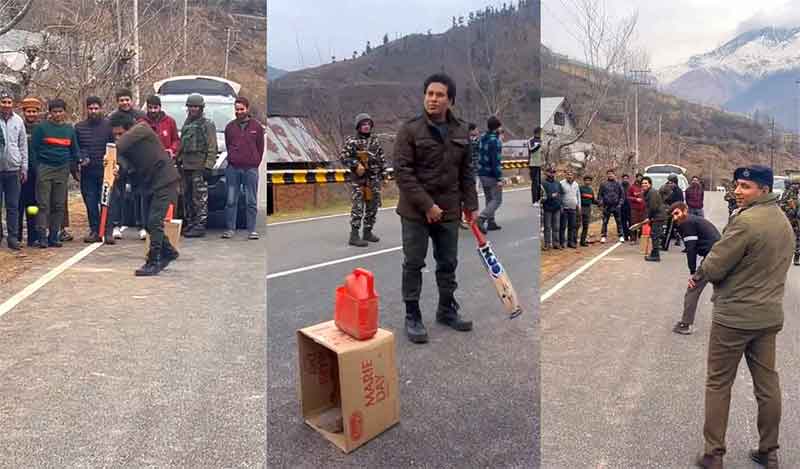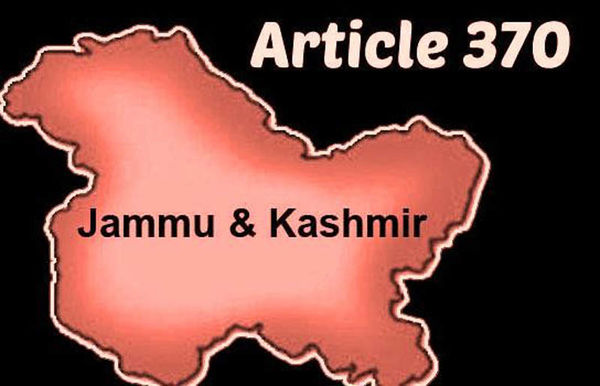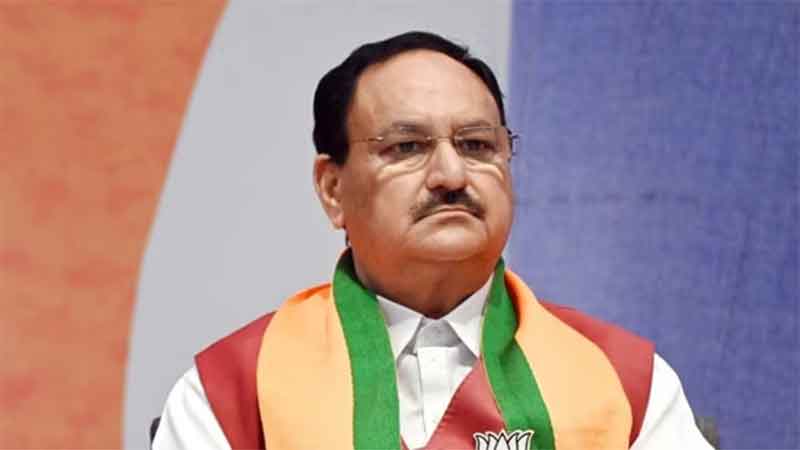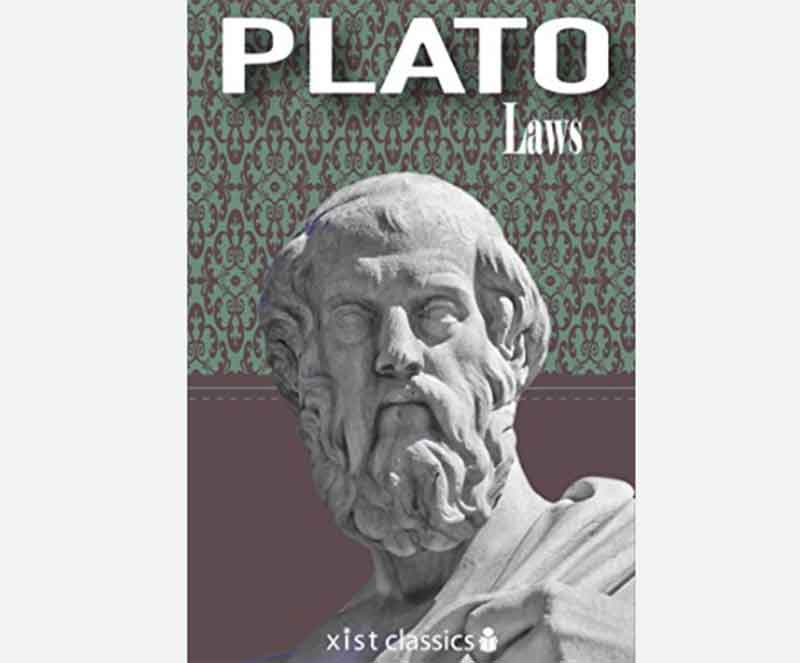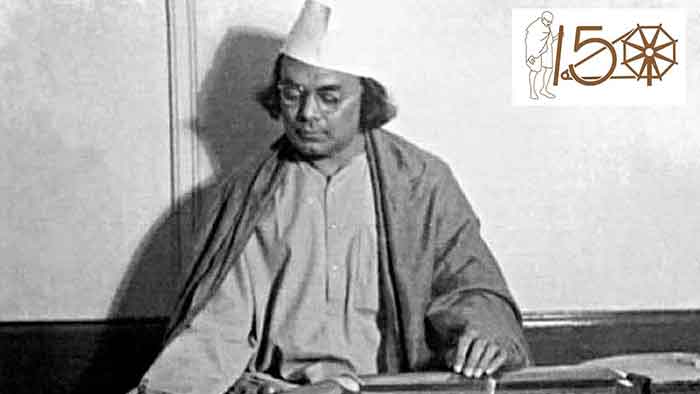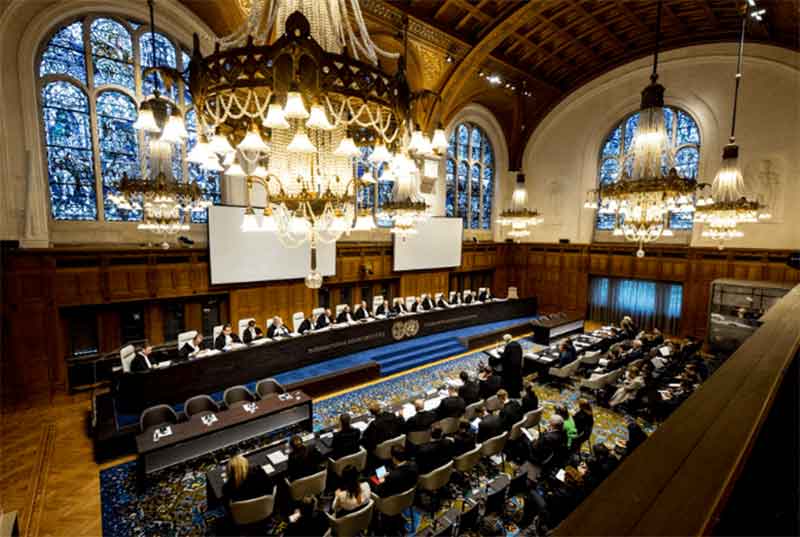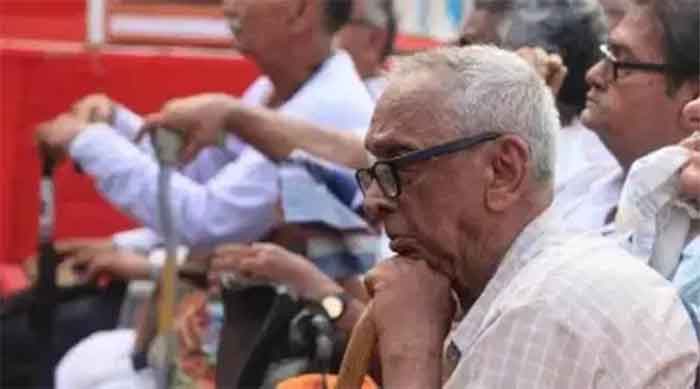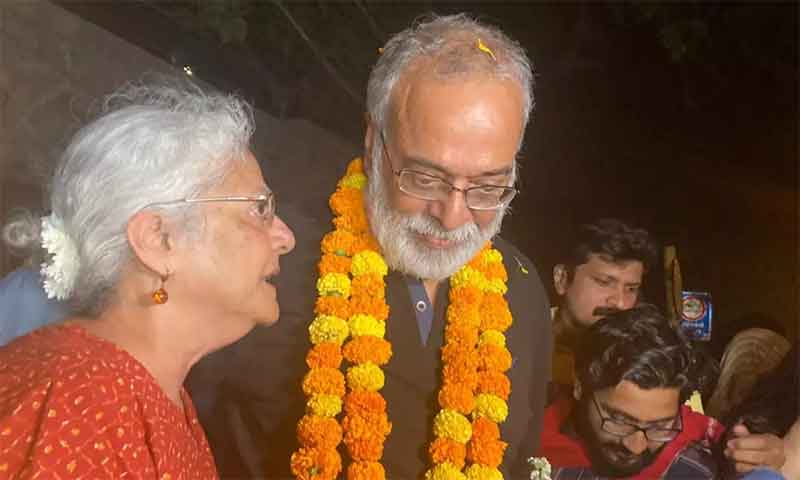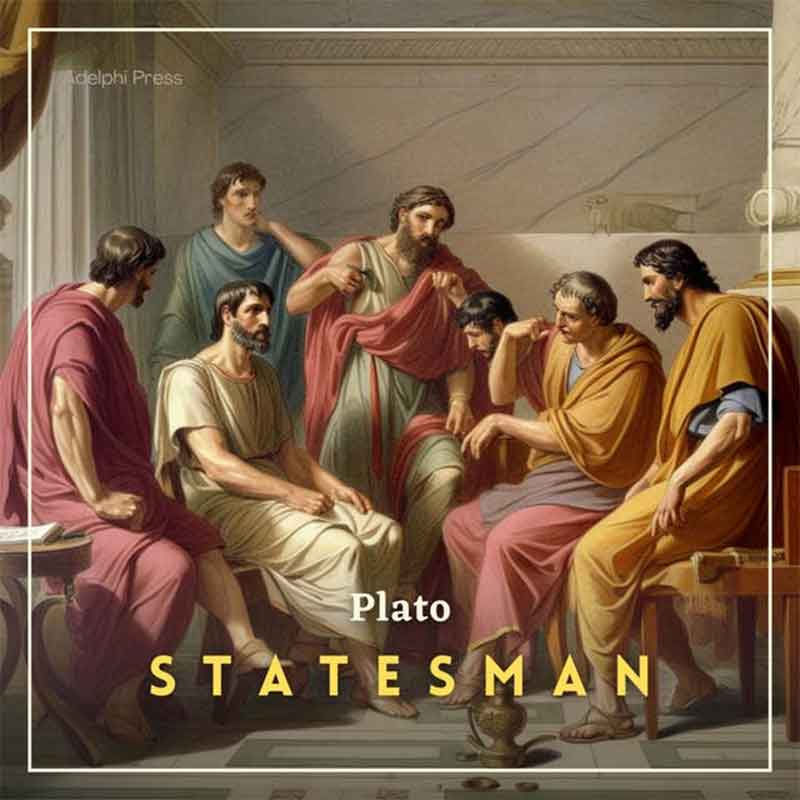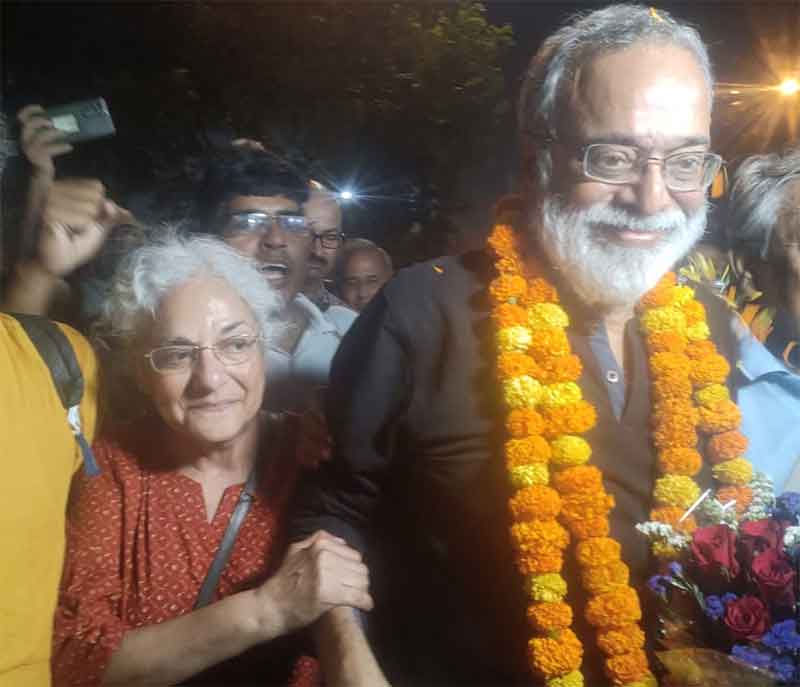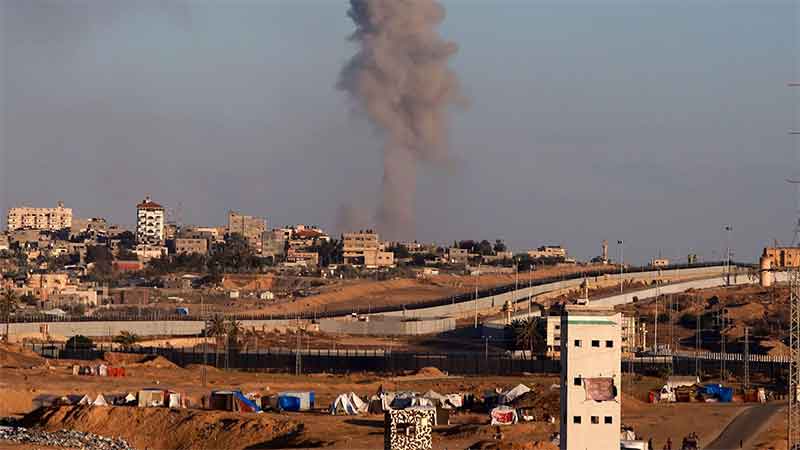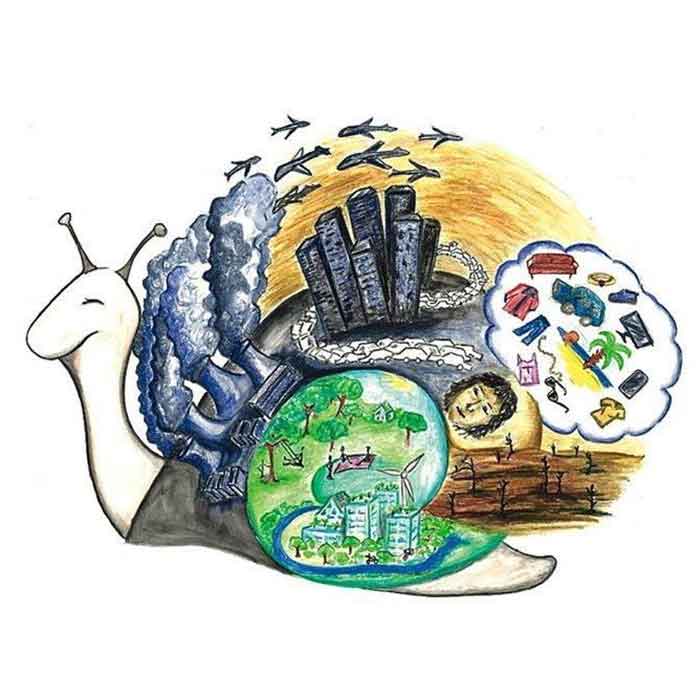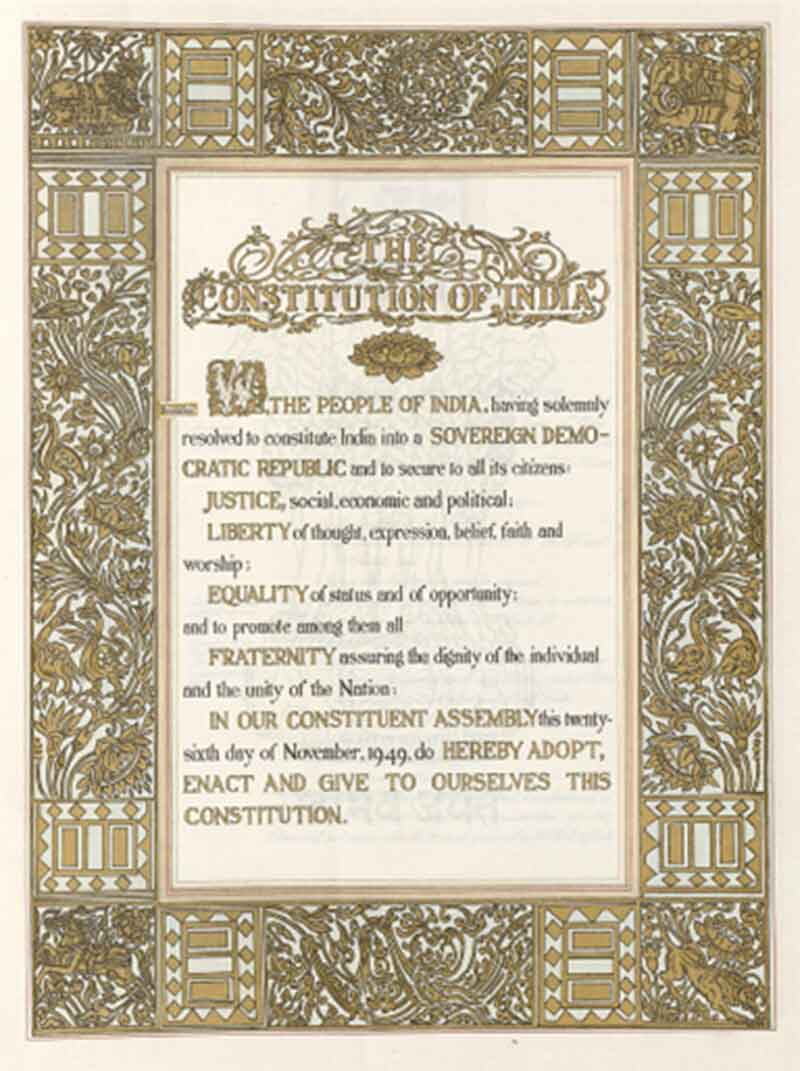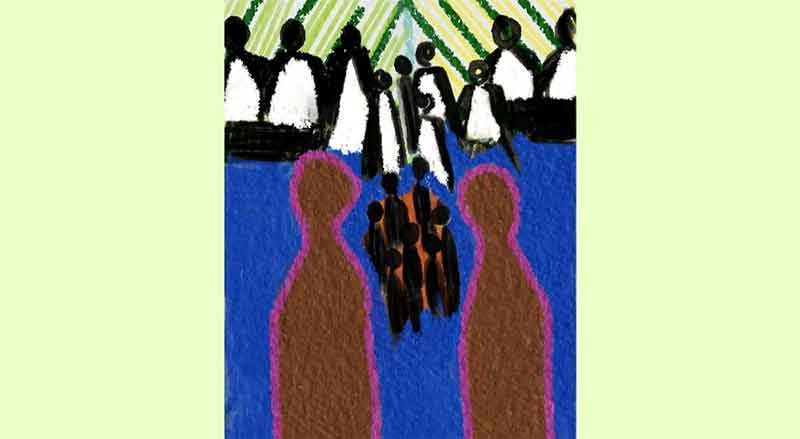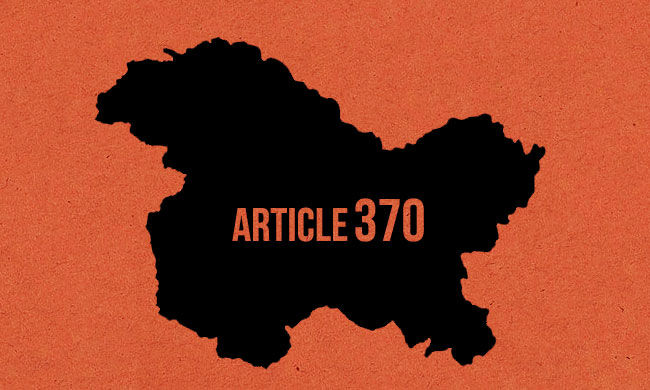
If one is to turn back the clock to September 1964, the inevitability of memory regarding a discussion over a bill introduced by Prakash Vir Shastri, an independent member in Lok Sabha comes to mind. The bill proposed the abrogation of article 370 and Vir Shastri, then the Bijnor MP, had introduced the bill a few months after Sheikh Abdullah, the former Prime Minister of J&K, was released from a long detention in April 1964.
The support of the house was recorded as fully enthusiastic, with some members of the Congress party as well as the Left party CPI speaking in favour of the abrogation move. In this context Prem Nath Bazaz aptly remarked, “But the manner in which the steps were taken and the context in which the Articles were applied to the State added to the fears and suspicions of the State Muslims regarding their future as citizens of India” (Bazaz 1965, 25-27). This observation, after so many years remains contingent as we shall see with regards to the recent political developments around the state of Jammu and Kashmir.
The state of Jammu and Kashmir, which now happens to be a union territory, was seen looming under heavy clouds of panic in the first week of August last year. Nobody knew what was to happen. After the sudden suspension of the internet connection, phone connectivity was snapped as well. This was a night before the Home Minister moved an amendment regarding article 370 in the parliament. The fate of an entire population was decided and the same population was to be kept unaware about the same. In a matter of two days, the amendment was passed by the parliament by the simple virtue of the numbers.
Even now people of Kashmir still find themselves suspended into the political reverie of the nation, after one year since the amendment. The questions around what could have been done to prevent this from happening have managed to perennially haunt everyone. Now, a year has passed since the amendment and a lot has been debated on the constitutionality of this step — on the provisions of article 370 and special status of Jammu and Kashmir. But a range of political acrobats and rhetoric has already woven popular narratives around the land, development prospects and the integration process.
Even then it is important to begin with the question of method to understand the dynamics around the amendment. The method employed to carry out the entire process to amend article 370 that too using the article itself was perniciously dangerous for various reasons. This formed a classic case on the Gadamerian lines with regards to understanding a text which in this case happened to be the Indian constitution itself.
Additionally, another significant question that besets the entire equation has to do with the overture of categories especially that of religion. The category of ‘religion’ that used to be put on the table of political agendas by fringe groups has now been picked up, warranted, attested, stamped, sealed and validated forever. A category that should have been systematically shelved out of a collective consciousness for the fear of the divisiveness it entailed, instead has been realized in the material plane and not just realised but fixated exclusively as the basis of politics.
Interestingly, on the eve of partition when India was dealing with the spectre of communalism; Kashmir retained its calm. It is unfortunate to see how the very spectre has now been made into a concrete category to which the political is made to tail. This claim is not unfounded, for this is precisely the implicit ramification underlying the method in which article 370 was amended.
If one is to closely follow the debates in the parliament and in popular media, certain etymological implications can be sensed as well. Usage of the word “Kashmir” flows freely for referring to Jammu and Kashmir, as though the Article 370 was only meant for Kashmir. This is a conscious projection invoking a kind of other-ing on communal grounds.
All that the state of J&K in the popular imagination has been reduced to is this: a piece of land with its people put in their places. An entire population incarcerated for more than a year now. The political vacuum is only deepening and the road ahead doesn’t seem rosy. There’s a lot of uncertainty still looming, given the Political developments lately.
While we do not have to look at the rise of communalism in India or exhaustion of the category of “Secularism” of its substantive bearings to understand politics in Kashmir, for there is no corresponding relationship, historically speaking; I prefer the other way round to understand the shifts imminent in the wake of amendment of article 370. While structural violence in Kashmir is not new, while the efforts to scrap Article 370 was not new, it had been supported by the Congress and by the Left parties like the CPI in past as well, what is new is the overture of categories, more pronounced with the coinciding of dates marking one year of article 370 -abrogation and the choroeograohy of political tenor surrounding the temple construction.
Religion is increasingly becoming the foundational premise, more pronounced than before, of the political template of the country . While liberalism will have to revisit its position on the question of religion and its role in an individual’s life, among other formative identities , Left on the other hand need more than a superstructure-oriented understanding or the theories of hegemony to capture the nuances as they unfold increasingly in the world we live in.
This move therefore might just be suggestive of the steps indicating a shift in the very nature of the polity here.
However, decades ago, when a series of similar steps were in the offing, of which the recent amendment of the article 370 happens to be an extension, a curious observation was registered by the stalwart political figure of the time, J.P Narayan. It is he who had said that, “In the absence of emotional integration, a constitutional step had little meaning” .
Sana Shah is a Research scholar pursuing an M.Phil in Political Theory
SIGN UP FOR COUNTERCURRENTS DAILY NEWSLETTER

